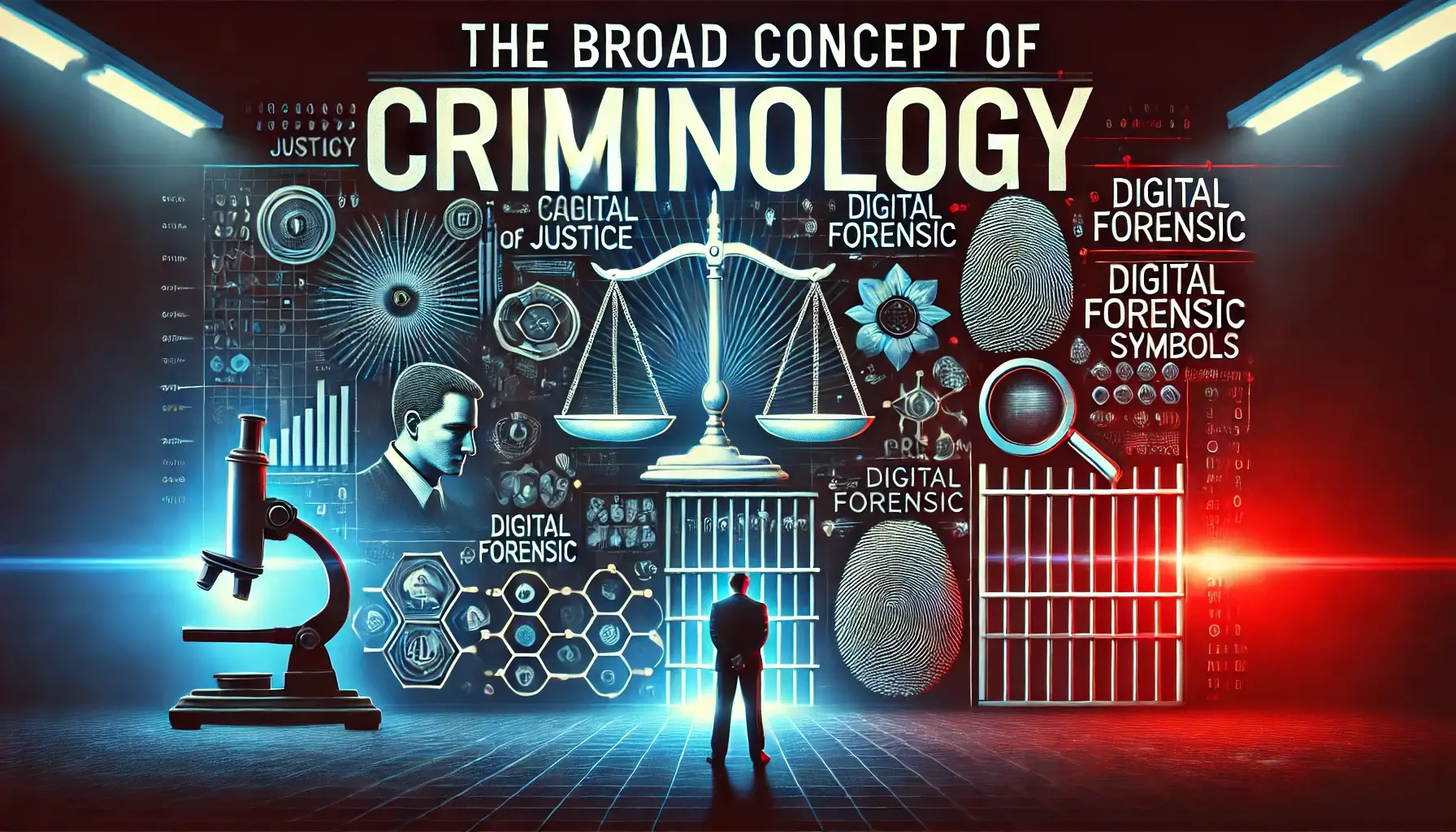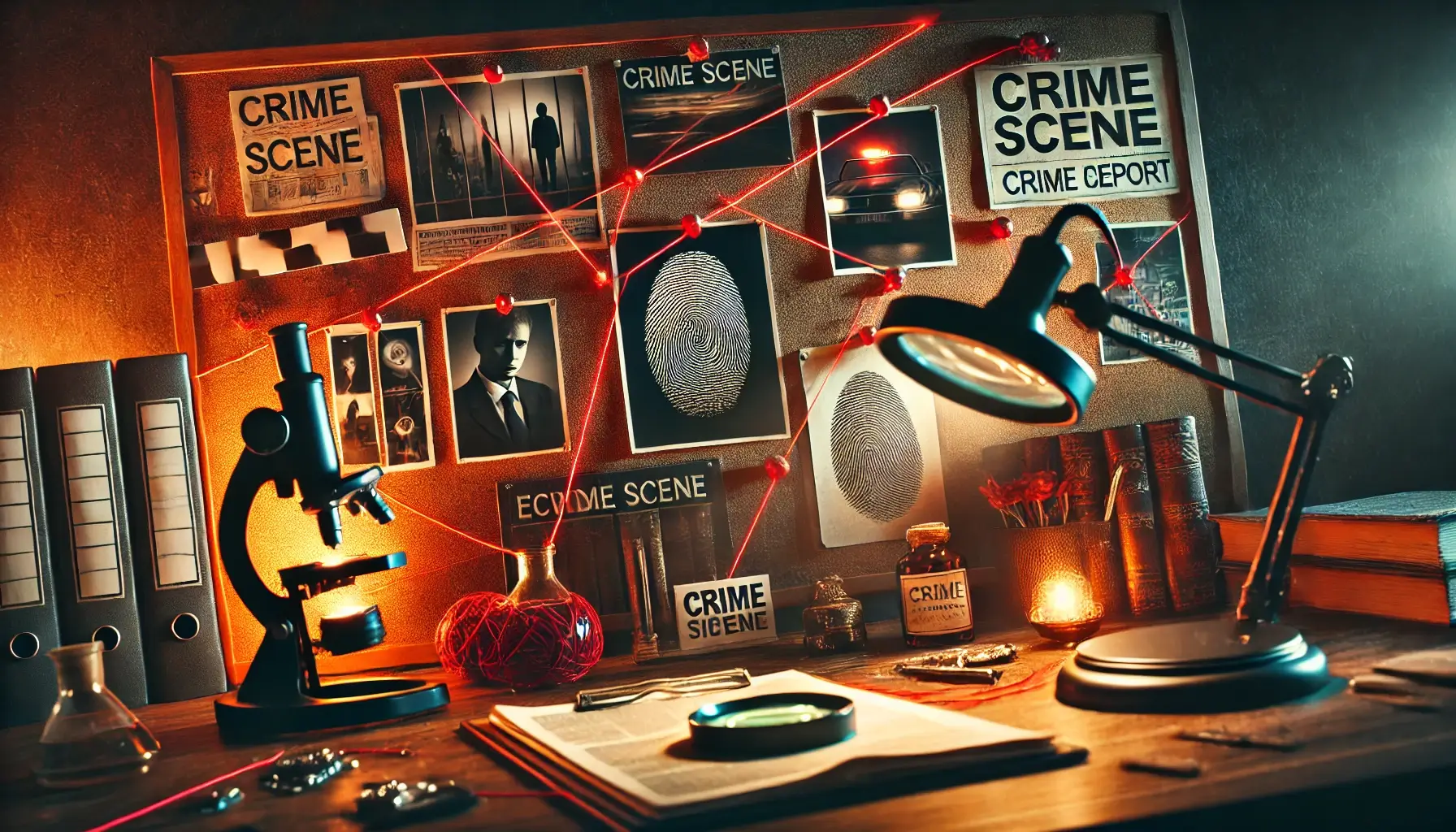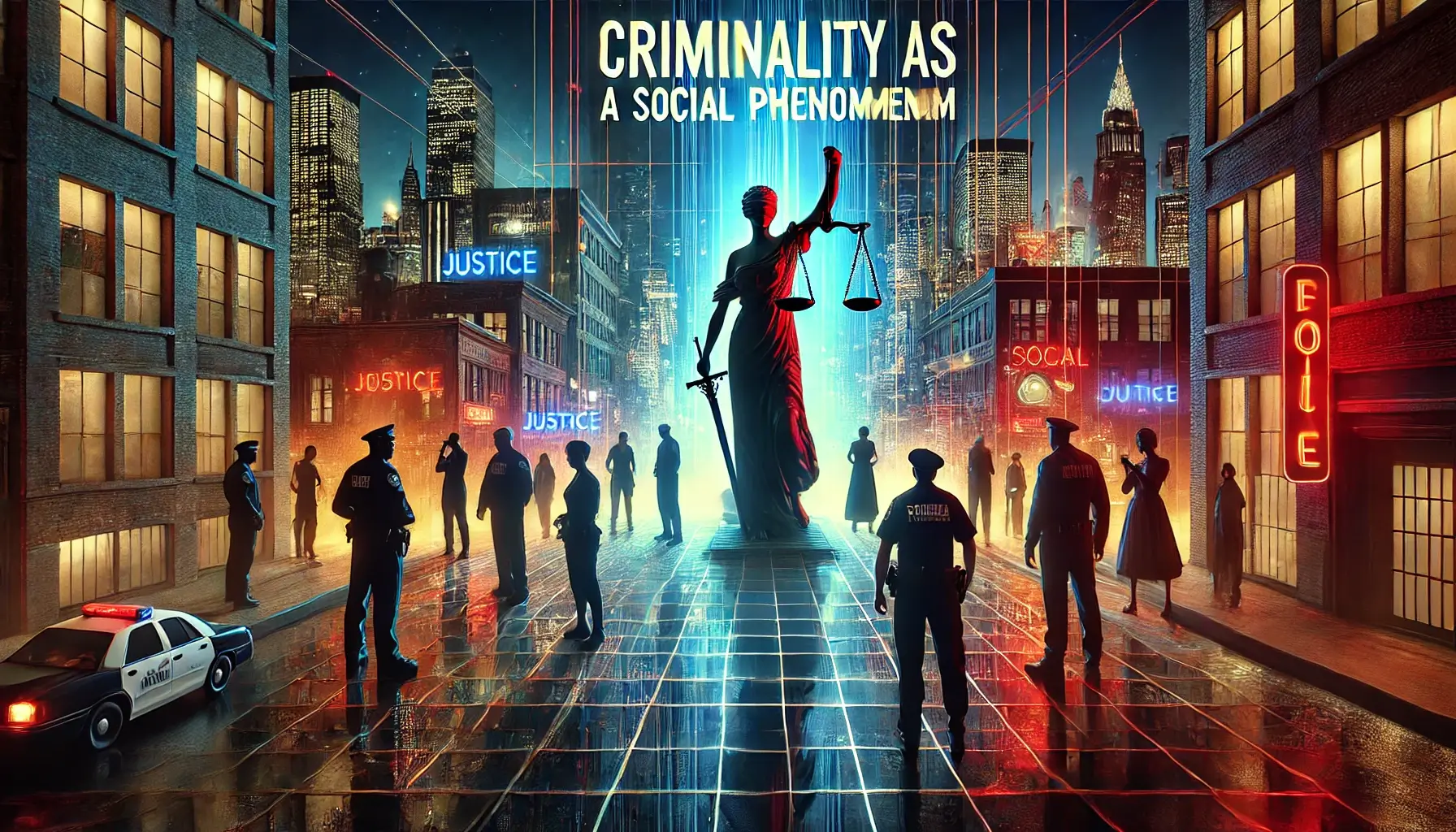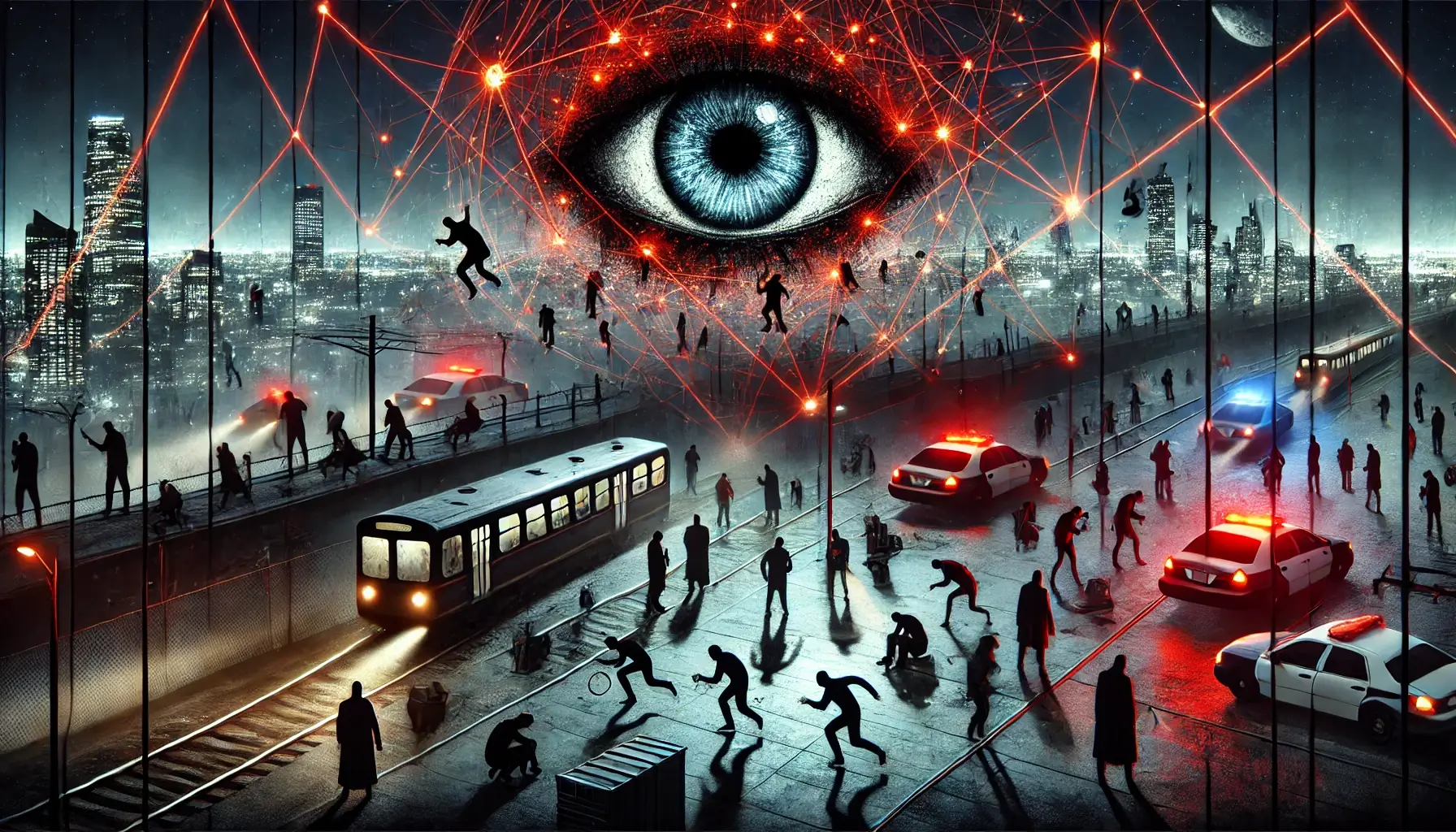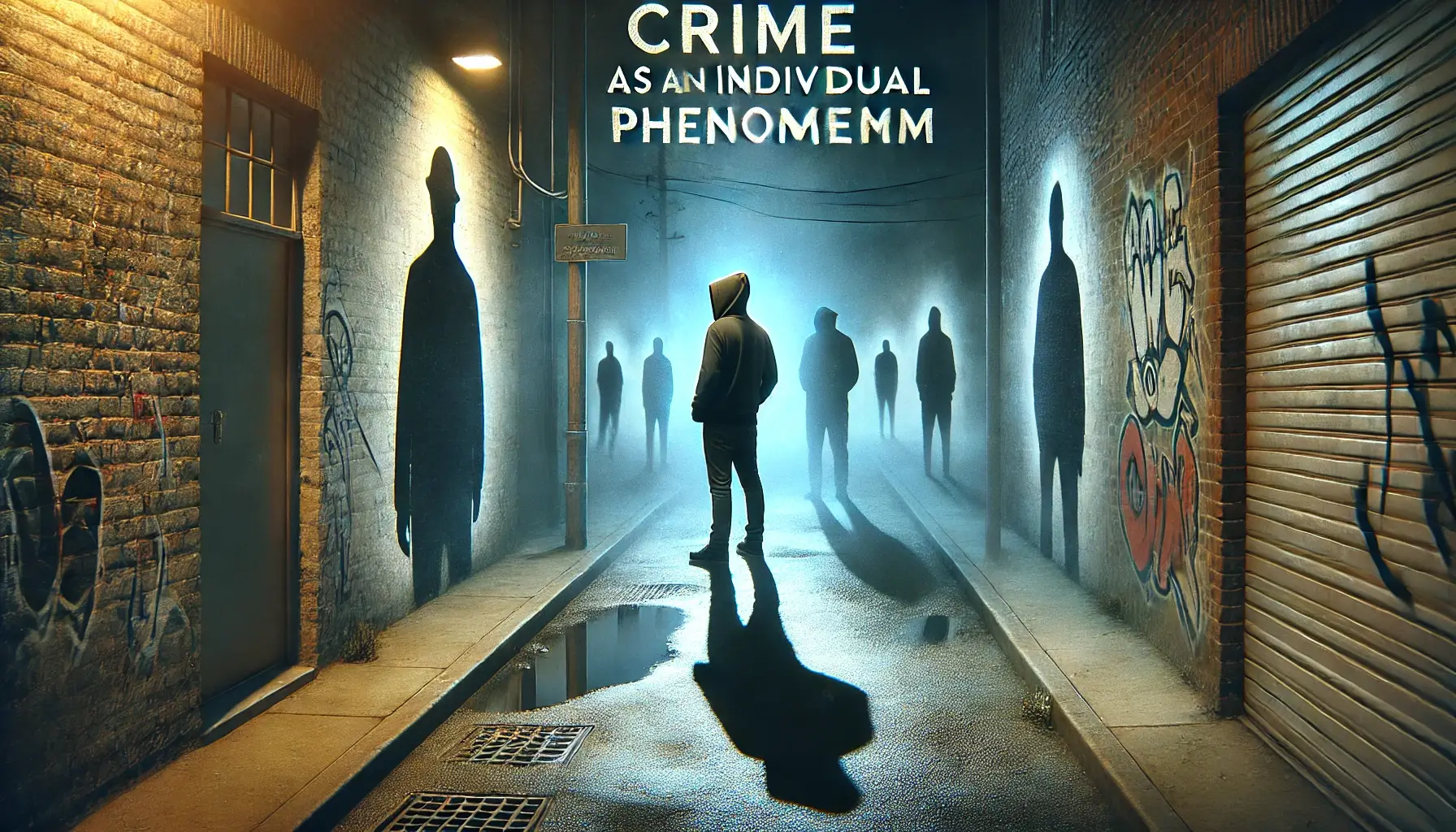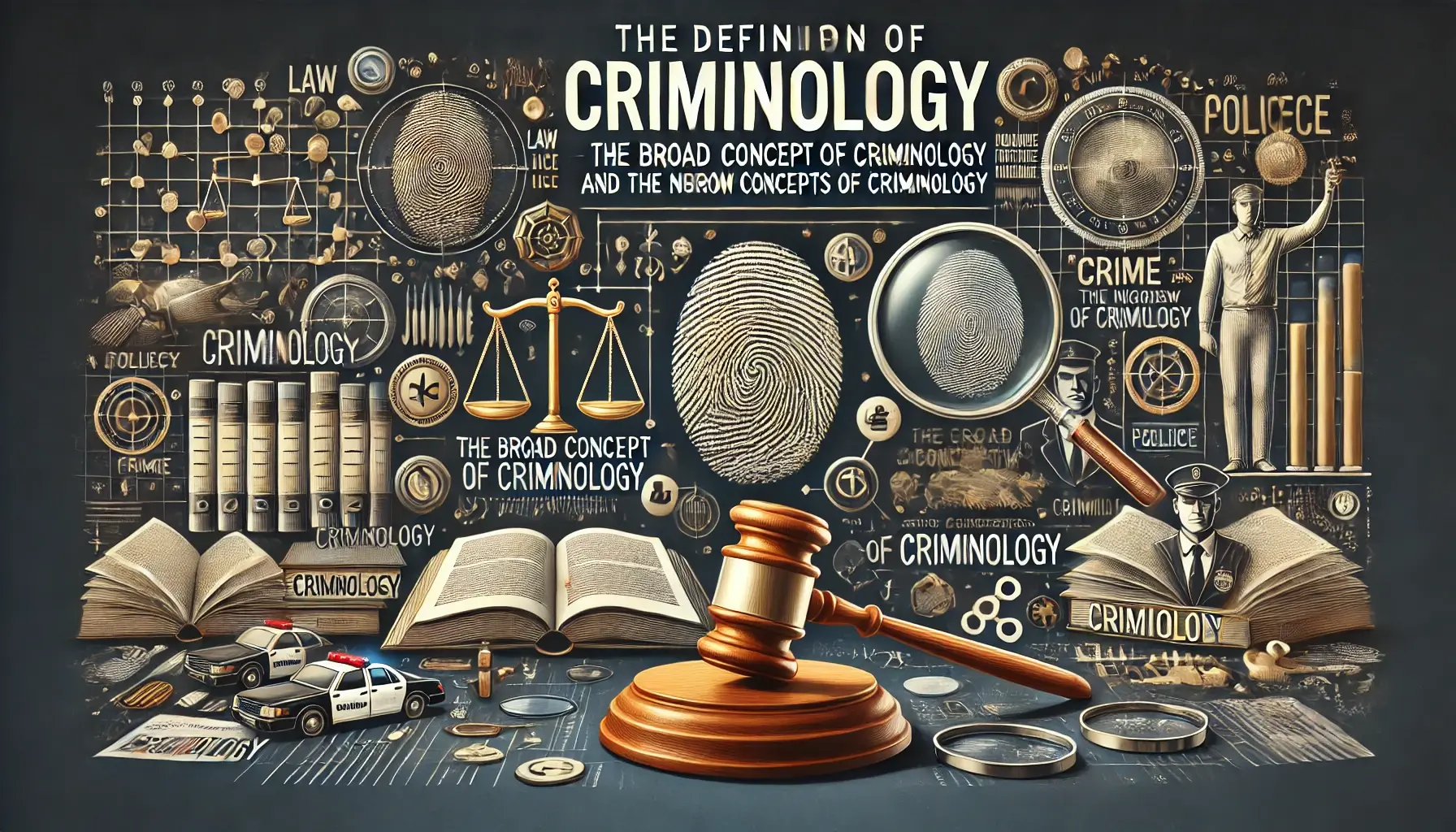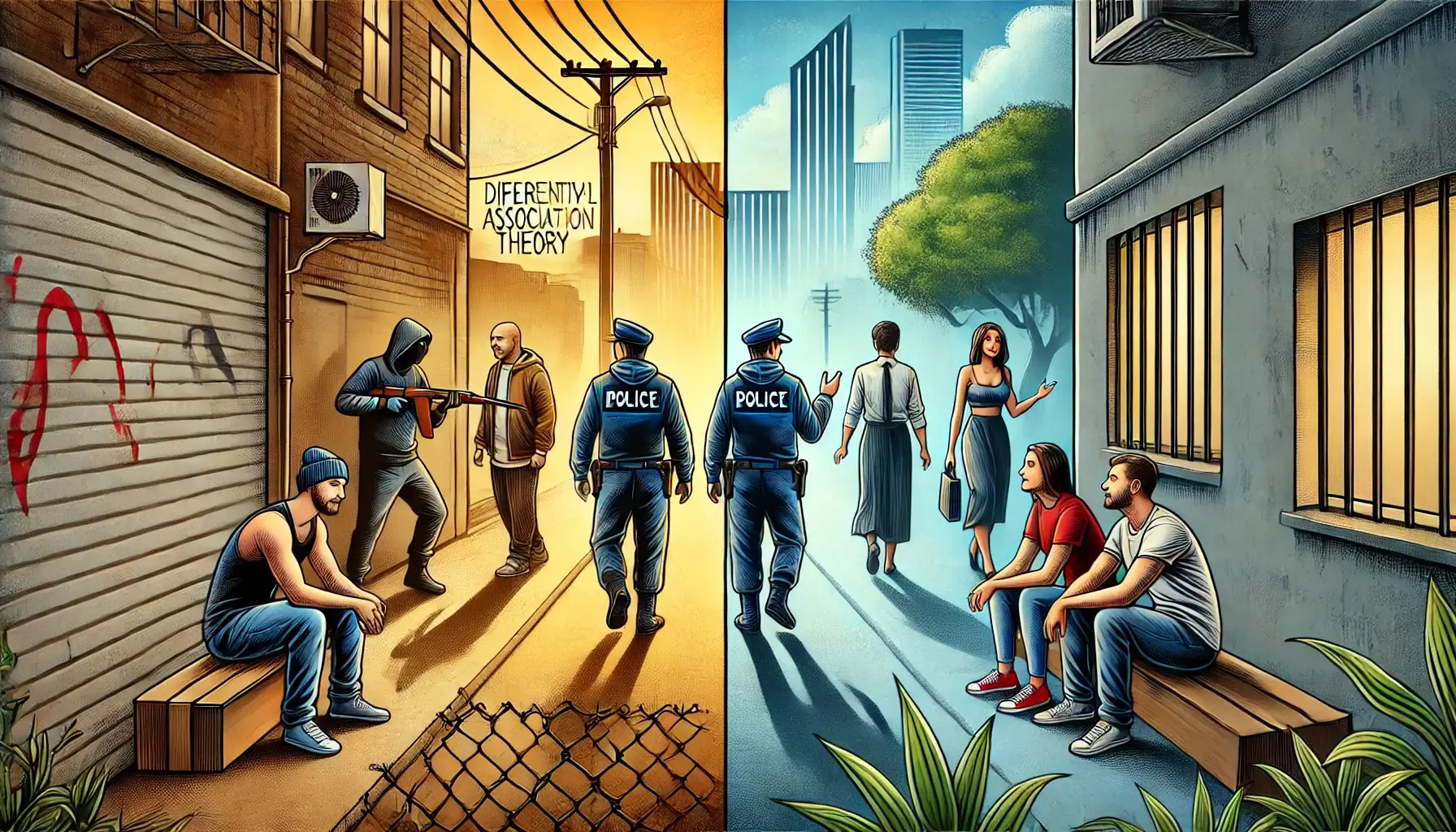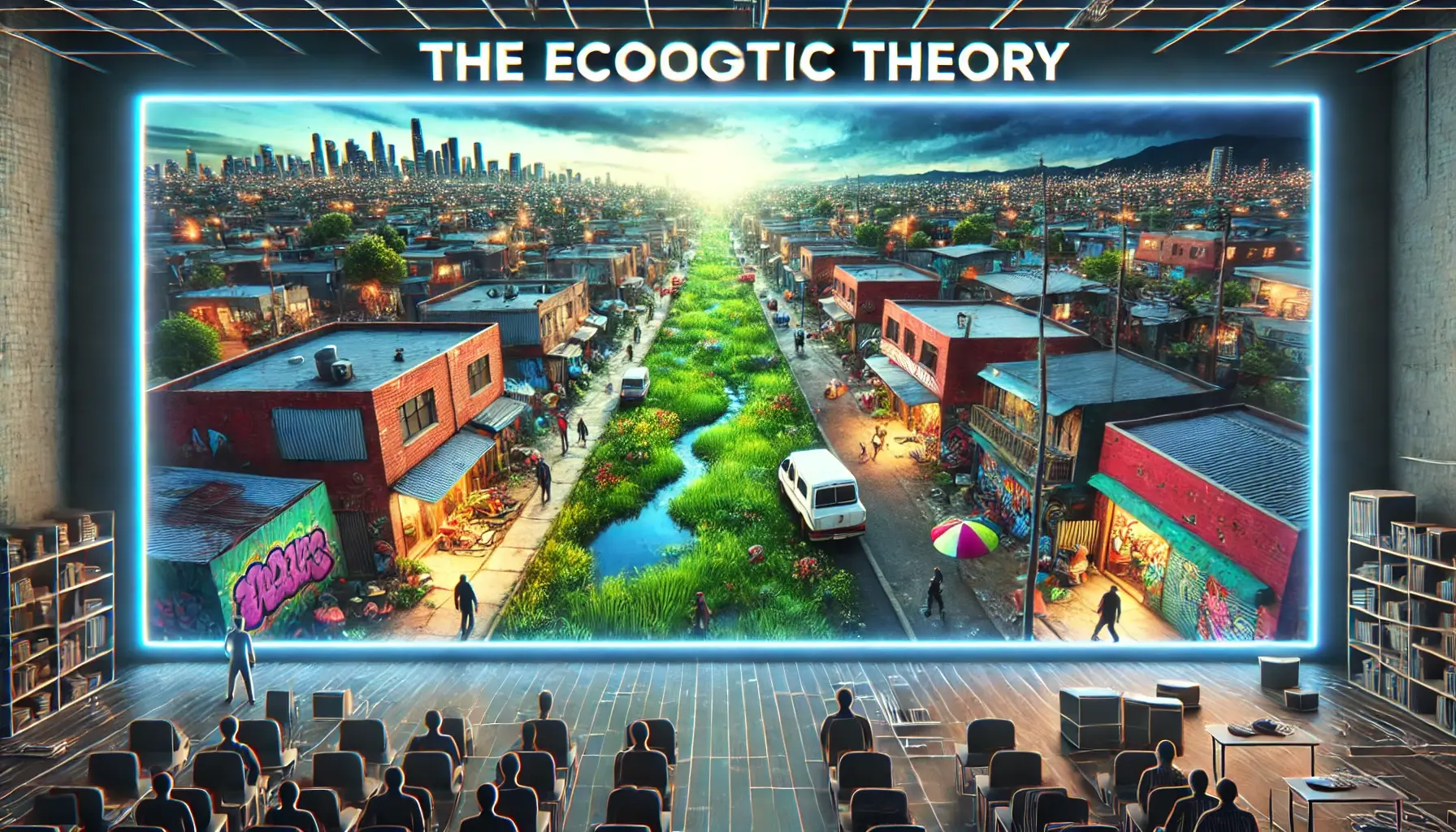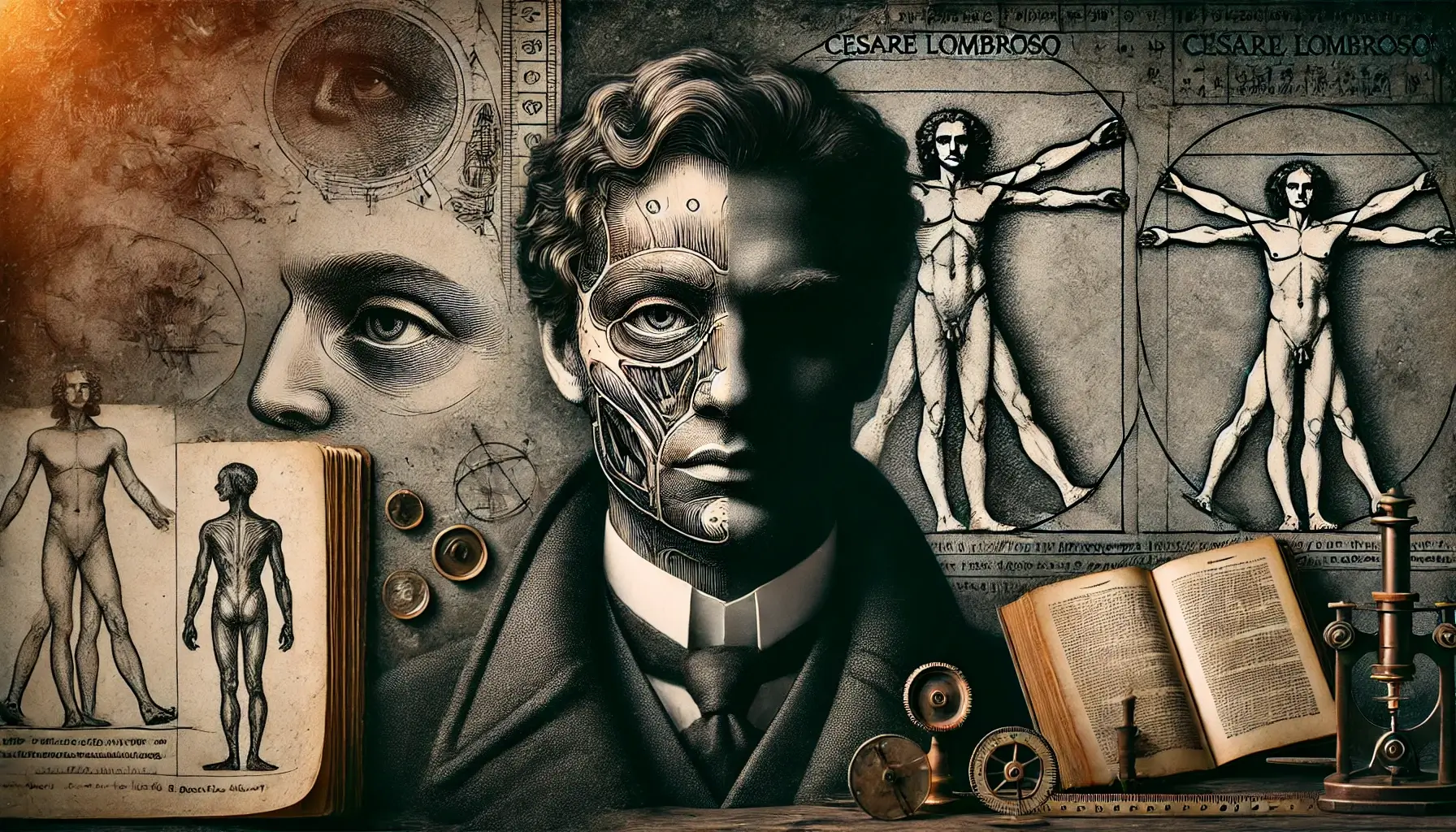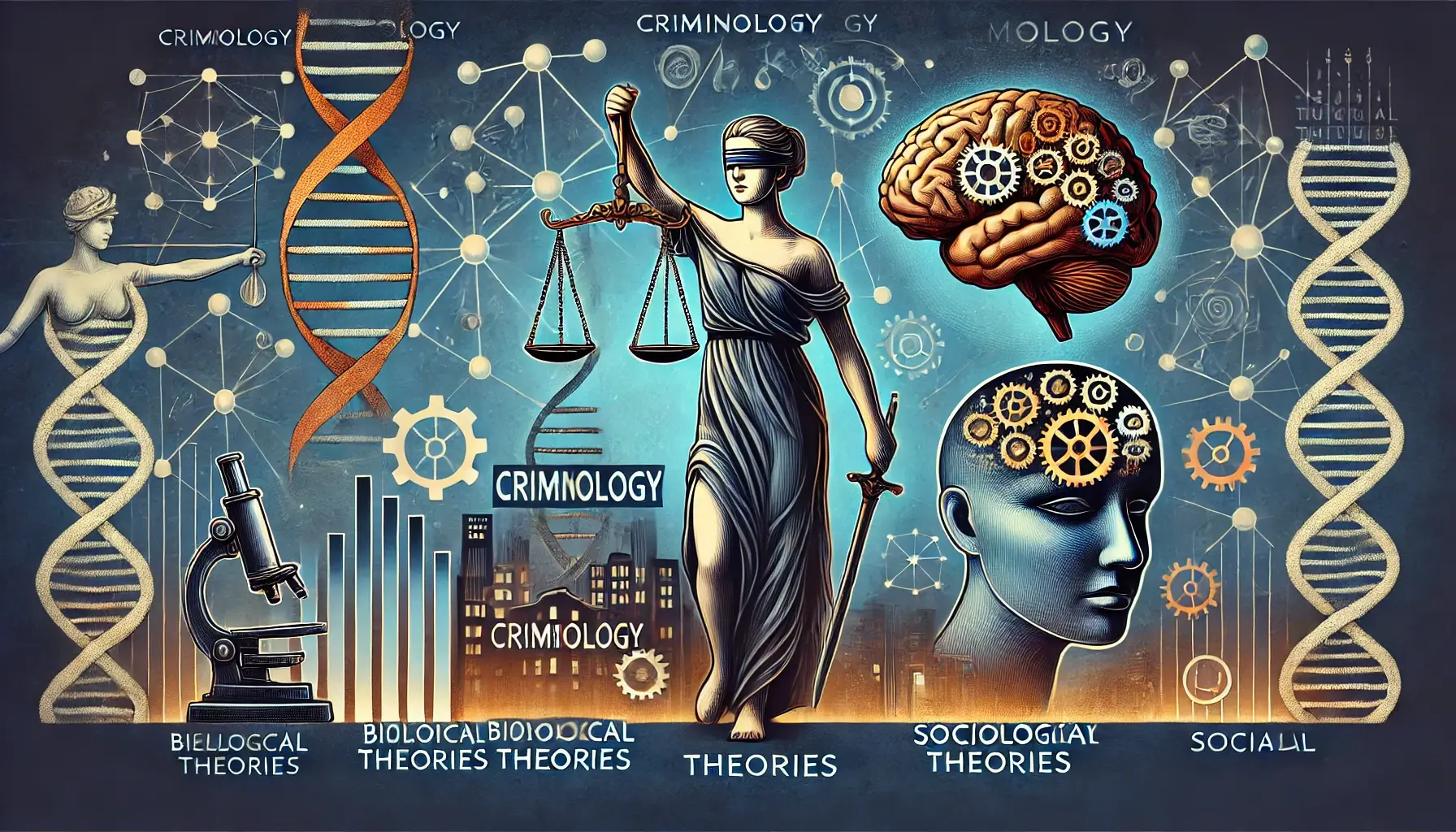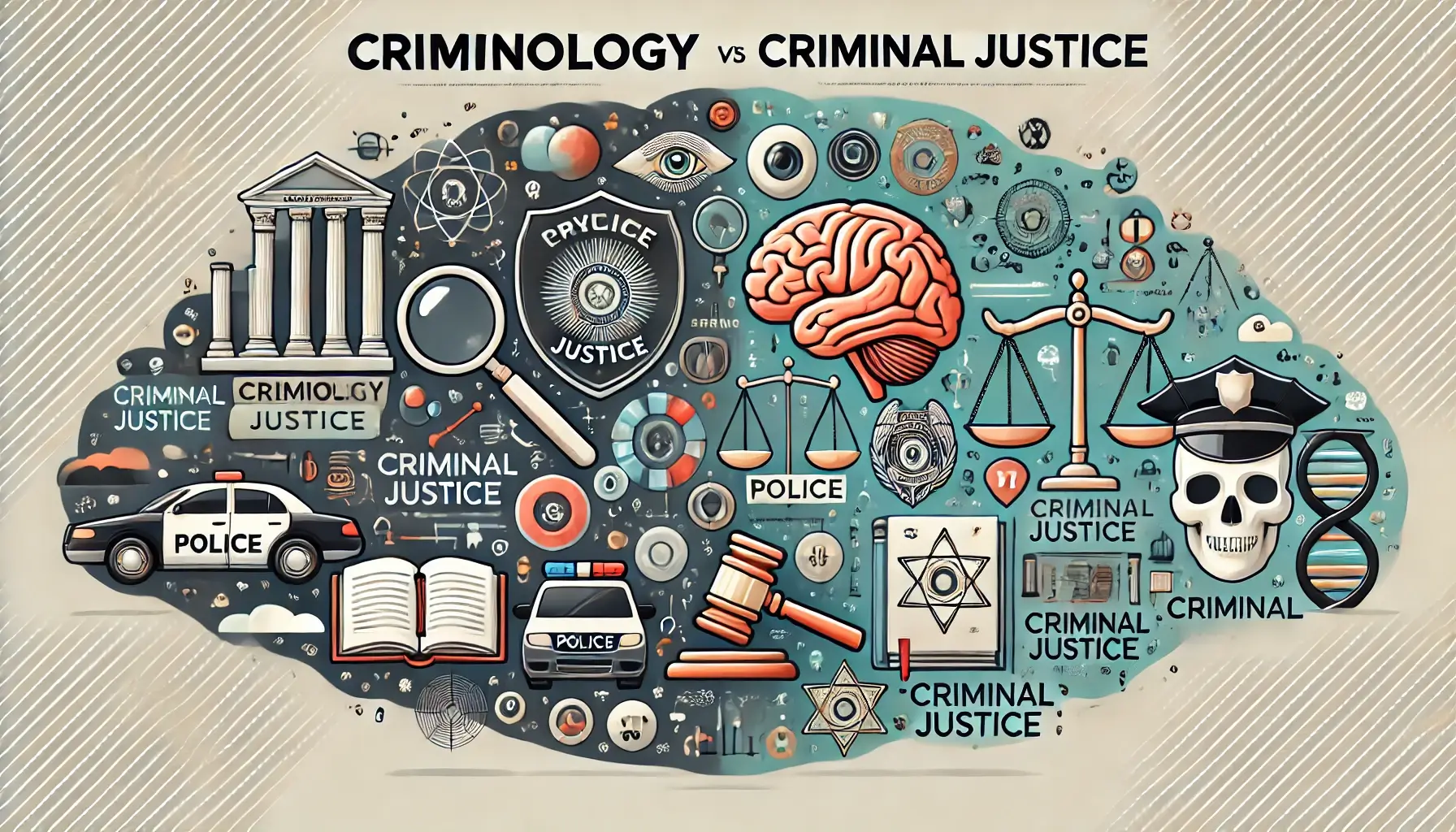The Broad Concept of Criminology
Criminology, as a scientific discipline, has evolved over centuries, integrating various theories, perspectives, and schools of thought. This vast field examines crime, criminal behavior, and the societal responses to deviant activities. The study of criminology extends beyond legal definitions, incorporating sociological, psychological, and biological dimensions. This article explores the broad concept of criminology by discussing … Read more

